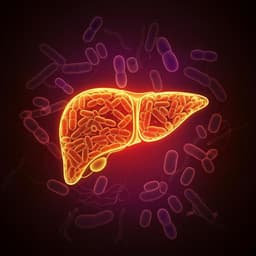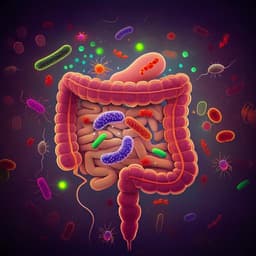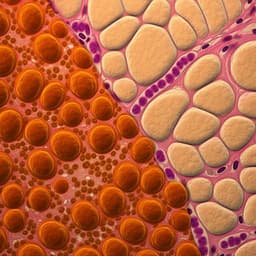
Medicine and Health
A diet high in sugar and fat influences neurotransmitter metabolism and then affects brain function by altering the gut microbiota
Y. Guo, X. Zhu, et al.
Discover how gut microbiota metabolites influence brain function and neurotransmitter metabolism in a groundbreaking study by Yinrui Guo and colleagues. Using a high-sugar, high-fat diet to induce gut dysbiosis in mice, the research uncovers a novel connection between metabolism, brain circRNAs, and gut health, paving the way for new therapeutic insights.
Related Publications
Explore these studies to deepen your understanding of the subject.







